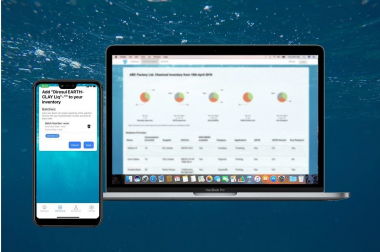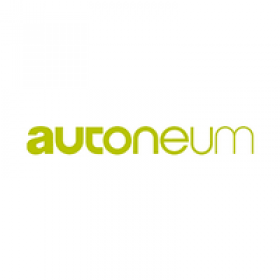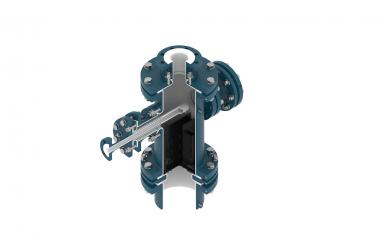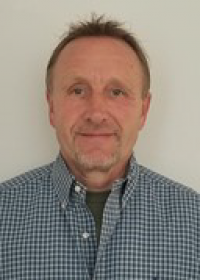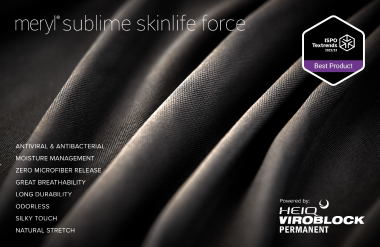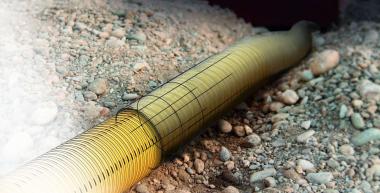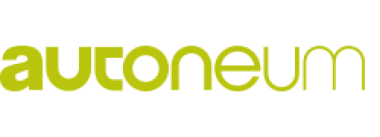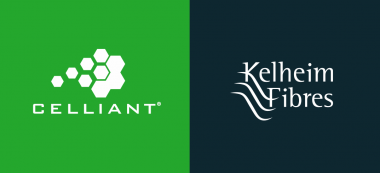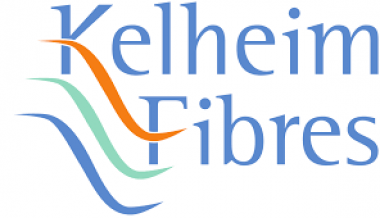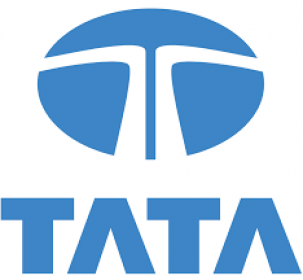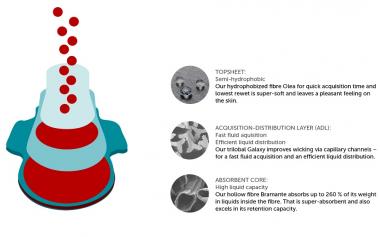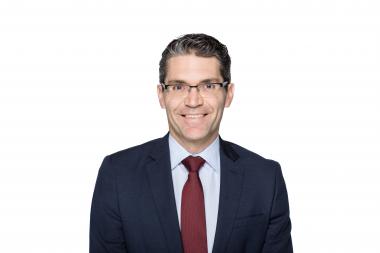Change in the Board of Directors of Rieter Holding AG
- Michael Pieper is not standing for re-election
- Stefaan Haspeslagh will be proposed for election to the Board of Directors at the Annual General Meeting
- The change is related to the transfer of the shareholding of Artemis Beteiligungen I AG to Picanol Group
Michael Pieper, a member of the Board of Directors of Rieter Holding AG since 2009, has informed Rieter that Artemis Beteiligungen I AG has sold its 11.5% block of shares to the Picanol Group (Picanol NV), Belgium, and that he thus will not stand for re-election at the Annual General Meeting on April 15, 2021.
Michael Pieper has supported and helped to significantly shape the development of Rieter for more than ten years. He joined Rieter as a major shareholder in 2008, and since then has been strongly involved in the strategic realignment of the group.
“On behalf of the Rieter Group, I extend our sincere gratitude to Michael Pieper for his extremely successful and valuable work on the Board of Directors and, above all, for his commitment as a long-term major shareholder,” said Bernhard Jucker, Chairman of the Board of Directors of Rieter Holding AG.
The Board of Directors of Rieter Holding AG today announced its intention to propose Stefaan Haspeslagh for election to the Board of Directors at the Annual General Meeting on April 15, 2021.
Stefaan Haspeslagh (born 1958) holds a Master’s degree in Applied Economics from the University of Antwerp, Belgium. He has been Chairman of the Board of Directors and Chief Financial Officer of the Picanol Group (Picanol NV), Belgium, since 2010. In addition, Stefaan Haspeslagh has also been Chairman of the Board of Directors, Chief Operating Officer and Chief Financial Officer of the Tessenderlo Group NV, Belgium, since 2014. As a director of Cellpack NV, Belgium, he has been in office since 2001.
“Rieter welcomes the new major shareholder, Picanol NV. Luc Tack, majority shareholder and CEO of Picanol, has been a member of the Board of Directors of Rieter for four years. Stefaan Haspeslagh is characterized by broad, international management experience in the textile sector and is very well connected in the industry”, stated Bernhard Jucker, Chairman of the Board of Directors.
All other current members of the Board of Directors will stand for reelection at the Annual General Meeting.
Rieter Holding AG







